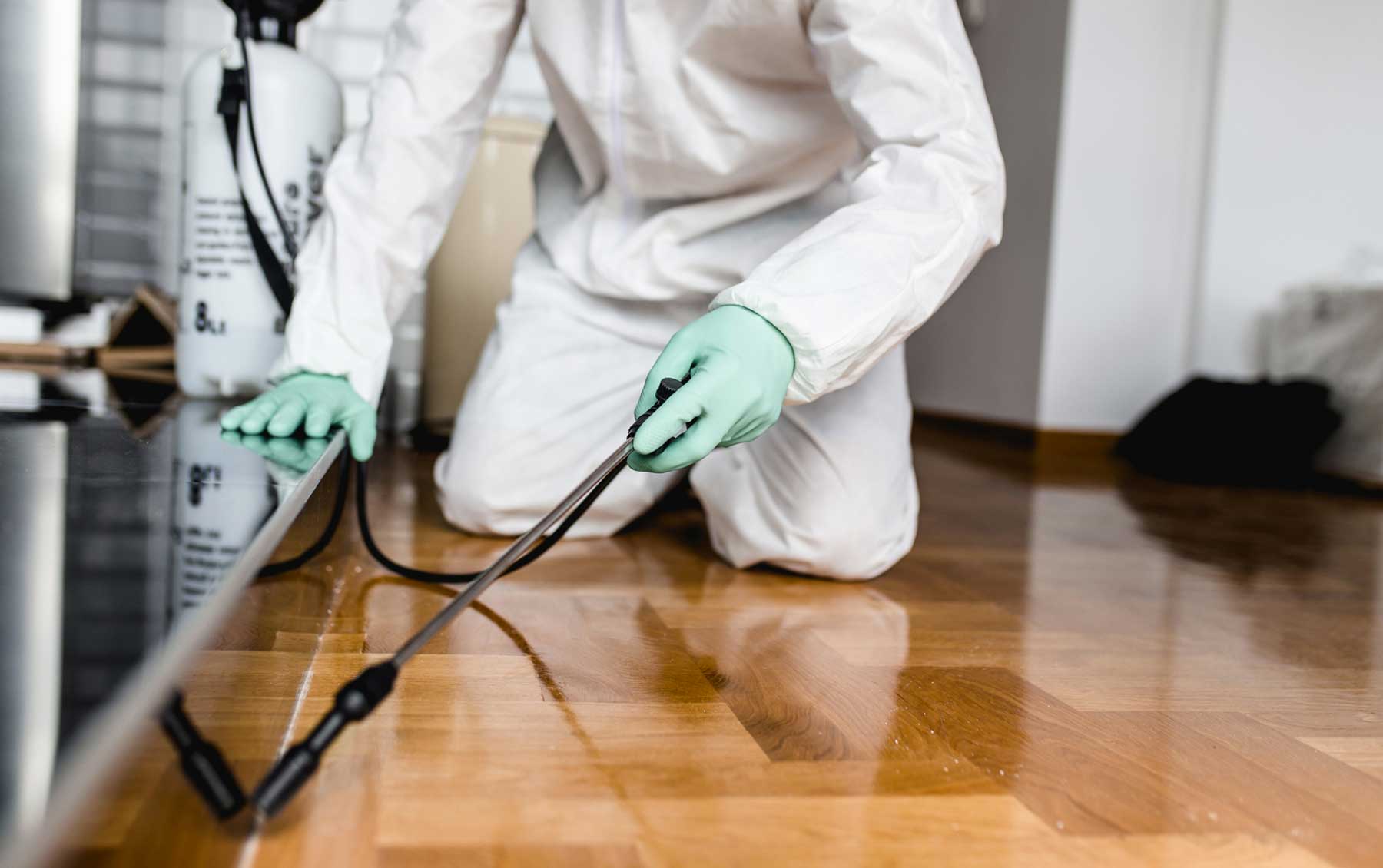Comprehensive Pest Control Services: Keep Your Property Pest-Free!
Comprehensive Pest Control Services: Keep Your Property Pest-Free!
Blog Article
Specialist Pest Control Techniques for Long-Term Outcomes
Professional bug control techniques envelop an extensive technique that begins with a thorough inspection and assessment, followed by accurate bug recognition to understand their habits patterns. The application of Integrated Pest Management (IPM) principles, paired with eco-conscious treatments, forms the keystone of sustainable insect obliteration.
Examination and Analysis
Upon getting in a residential property for parasite control services, the first action is a comprehensive assessment and analysis to identify the extent of the problem and determine the most effective treatment strategy. Expert insect control service technicians are educated to carefully check out the facilities, searching for indicators of insect task such as droppings, nibble marks, nests, or any structural damages. They will likewise assess the conditions that may be attracting insects, such as food sources, water leaks, or entrance factors.

Parasite Recognition and Actions

Furthermore, recognizing the habits of the recognized bug is vital to applying reliable control measures. Understanding where insects nest, what they feed on, and their activity patterns can assist pest control professionals create strategies to eradicate them successfully. Some insects might be nocturnal, while others are extra active during the day. This understanding permits the application of therapies at optimal times for maximum effectiveness.
Integrated Bug Administration (IPM)
Integrated Parasite Monitoring (IPM) strategies integrate numerous techniques to manage and prevent bug infestations in a lasting and eco-friendly fashion. pest control. By incorporating approaches such as organic control, habitat control, modification of cultural practices, and making use of resistant varieties, IPM intends to reduce using chemical pesticides
Among the crucial principles of IPM is the emphasis on avoidance. This proactive approach entails monitoring parasite populations on a regular basis to identify any type of prospective concerns prior to they intensify. By determining insect problems beforehand, pest control steps can be applied promptly and effectively.
Moreover, IPM advertises using safe parasite control techniques whenever feasible. This can include employing natural killers of the pests, presenting advantageous insects, or utilizing pheromones to interfere with mating patterns. By lowering dependence on chemical pesticides, IPM not just shields the environment but likewise aids maintain an equilibrium in the environment.
Environmentally-Friendly Treatments
Applying eco-conscious techniques in parasite control procedures can effectively deal with problems while focusing on environmental sustainability. Environmentally-friendly treatments concentrate on minimizing the impact of bug control approaches on environments, non-target microorganisms, and human health. These approaches frequently involve the use of all-natural predators, such as ladybugs or nematodes, to control pest populaces, why not check here decreasing the need for chemical interventions. Furthermore, techniques like environment adjustment, such as adjusting dampness degrees or removing food sources, can help hinder parasites without the use of damaging compounds.
Another key element of environmentally-friendly treatments is the use of natural and biodegradable products that damage down quickly without leaving dangerous residues in the atmosphere. Botanical pesticides obtained from plants like chrysanthemums or look at this now neem provide effective bug control while posing minimal risk to non-target types. Moreover, employing methods like heat treatments or pheromone traps can target particular insects with accuracy, decreasing the total ecological effect of pest control methods.
Ongoing Monitoring and Upkeep
Normal examinations by trained professionals are required to recognize any indications of bug activity, examine the efficiency of previous therapies, and make modifications to the parasite control plan as needed. By monitoring bug populations over time, pest control specialists can track trends, prepare for potential concerns, and apply preventive procedures to reduce the threat of future invasions.
Along with monitoring, maintenance techniques are vital for lasting pest control success. This consists of carrying out proper sanitation steps to eliminate potential food and water sources for pests, sealing access points to protect against parasites from getting in the premises, and addressing any kind of what is pest control services structural problems that could help with pest problems (pest control near me). By including continuous monitoring and maintenance into an incorporated insect administration method, organizations can guarantee a pest-free atmosphere and safeguard their property versus expensive damages and health and wellness threats
Conclusion
To conclude, using specialist parasite control techniques such as extensive examination and analysis, precise parasite recognition and understanding of their actions, integrated parasite management approaches, environmentally-friendly therapies, and continuous tracking and maintenance are essential for attaining long-lasting cause insect control. By applying these techniques, people can effectively manage insect problems and maintain a pest-free environment in a sustainable manner.
Report this page